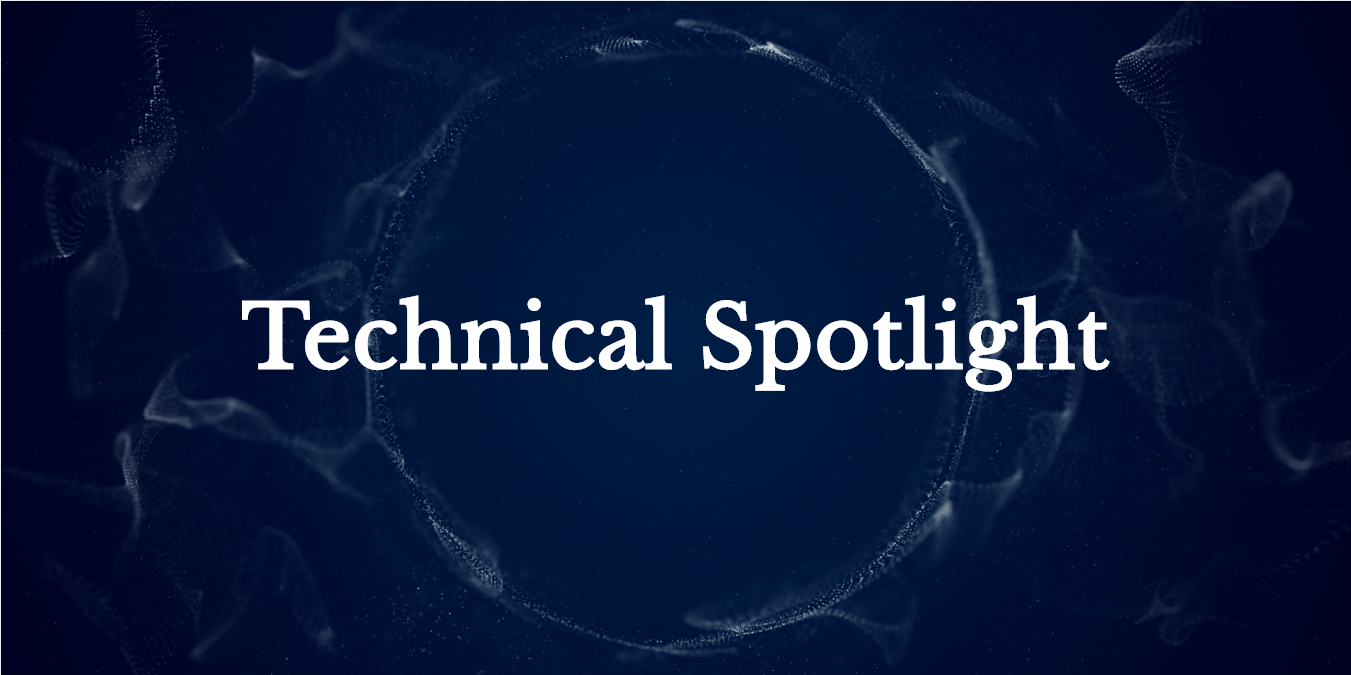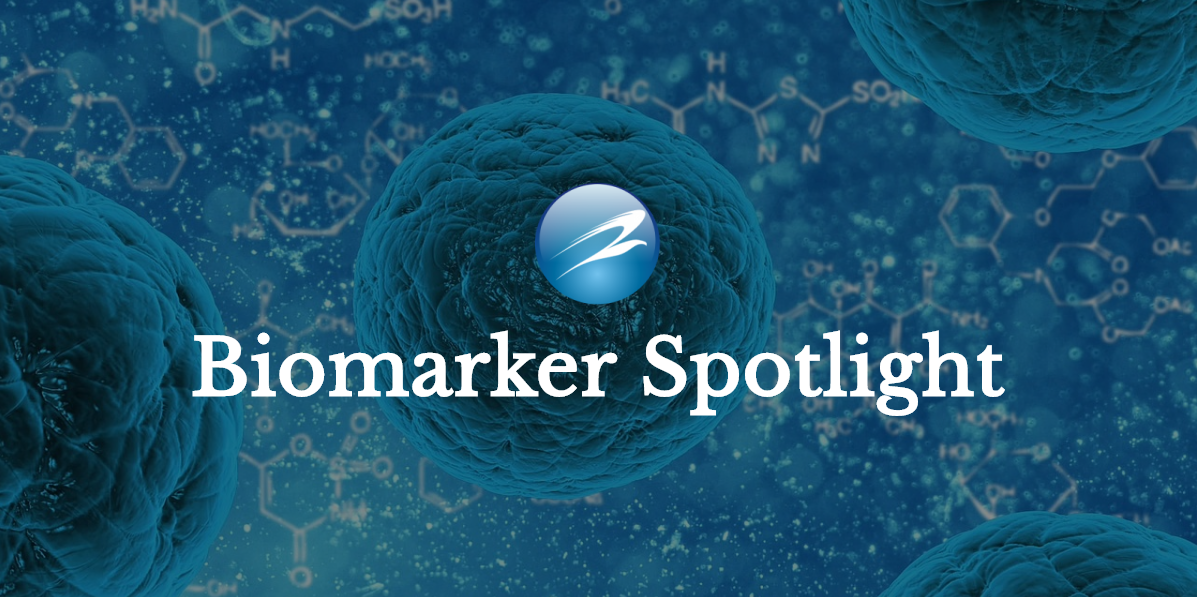
Eagle Biosciences proudly offers a broad range of products in our extensive catalog. In addition to the well known ELISA format, we offer several assay kits in a Chemiluminescent Enzyme Immunoassay (CLEIA) format.
ELISA vs. CLEIA
ELISAs use antibodies to detect the presence of a protein in a liquid sample. In the most common form, antigens are applied to a stable surface (usually a microtiter plate). Then the corresponding antibody, linked with an enzyme, is added to form a complex. Finally, the enzyme’s substrate is added, which produces a measurable reaction, usually in the form of a color change.
CLEIAs also utilize antibody-enzyme reactions, but offer a higher level of sensitivity due use of chemiluminescence rather than colorimetric absorbance or fluorescence. Chemiluminescence allows detection of trace amounts of analytes because samples typically have little to no background interference. These reactions are also easily measured using a photomultiplier or photodiode. These types of kits are increasing in popularity due to their increased sensitivity, specificity, reliability, and reproducibility.
Our available CLEIA/CLIA kits
GFAP (Glial Fibrillary Acidic Protein) CLIA Assay Kit
MedFrontier FGF23 (Human Intact FGF23) CLEIA ELISA Assay
Contact us if you are looking for a specific CLEIA or if you have questions about any of our products.

